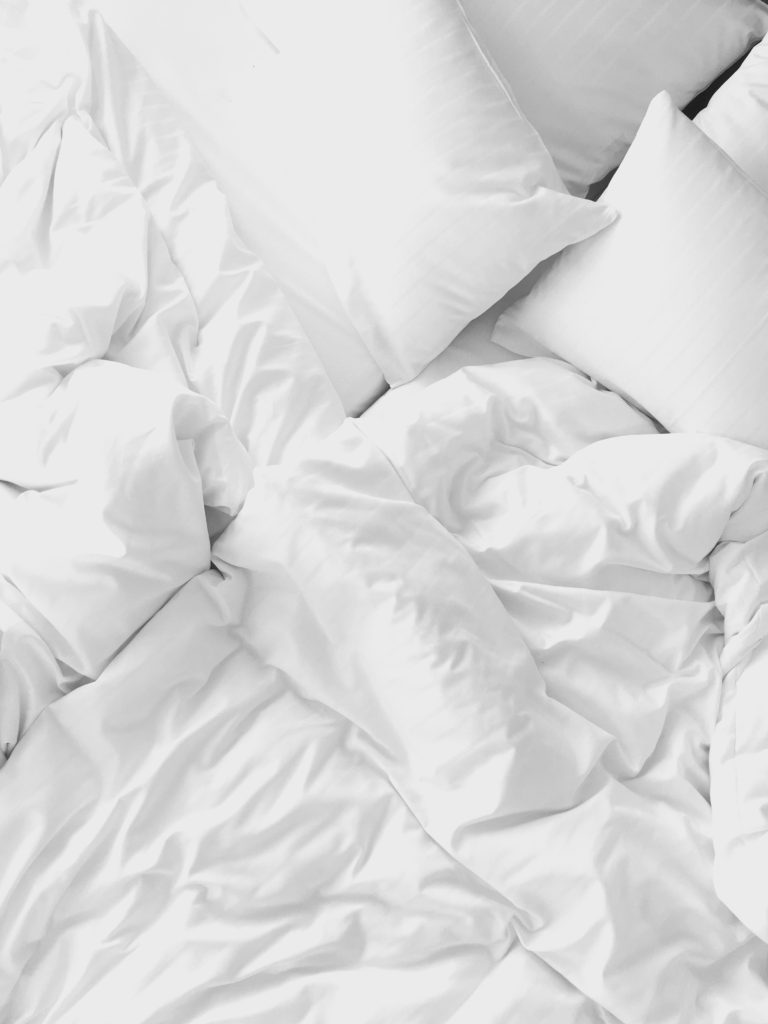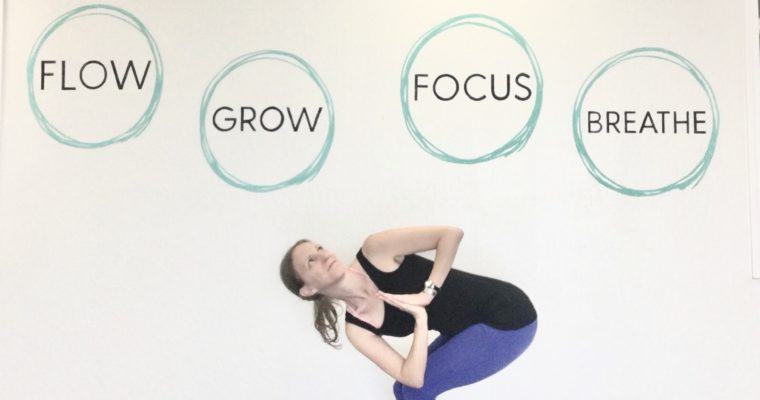
One of the biggest problems we see that has a major impact on both nutrition and training, is lack of sleep.
How can something so simple completely derail our best efforts when it comes to reaching our goals?
Sleep is essential for recovery; not only for our muscles, but also for our brain and nervous system. This is where our body repairs itself, catalogs memories and generally enters a state where the parasympathetic nervous system (our relaxation system) is in control. Lack of sleep not only induces a stress response, but maintains the existing level of stress as we’re never allowed to fully recover from the previous day’s stress.

How does lack of sleep affect us?
⁃increased ghrelin hormone (hunger hormone that tells us to eat)
⁃decreased leptin hormone (hormone that tells us we have enough energy/food)
⁃increased cortisol (stress hormone)
⁃decreased insulin sensitivity ⁃decreased memory retention
⁃decreases our impulse control, decision making, and problem solving abilities
⁃decreased sex drive
⁃decreased ability to handle external stressors
⁃increased inflammation
⁃decreased muscular contractions (you may feel “off” or weaker the morning after a bad night of sleep).
What does this all mean for our body composition goals? Overall we generally see 1)) an increase in energy intake [eating more calories] and 2) a decrease in physical activity/energy expenditure [less exercise].
When ghrelin (the hunger hormone) is increased, and there is a decrease in impulse control, we often find ourselves reaching for the “quick” punches of energy that are highly palatable, i.e. sugar packed Starbucks, office doughnuts, the candy stash, anything that we know will give us a quick boost in energy to just get us through the day.
Pair this with an increase in cortisol and a decrease in insulin sensitivity, we aren’t even able to properly respond to this sudden influx of sugar, causing hyperglycemia (high blood sugar) and increased levels of circulating free fatty acids (over the long term). When you’re tired, you’re less likely to move throughout the day, and you may not have the energy to push through a workout, and you may even find yourself skipping the gym completely.
Combine all these variables together and you have yourself a receipe for sabotaged goals.
Sleep is key to make the gains and see the results of a hard-working lifestyle. In essence, sleeping more is working smarter – not harder!
Stayed tuned for our net sleep blog where we’ll explore the ways to regulate and promote restful sleep.





